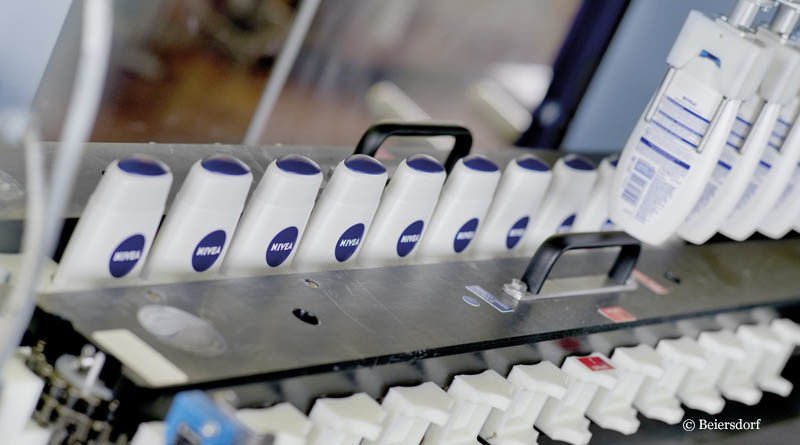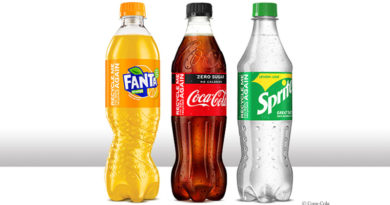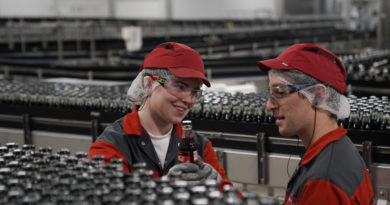New Plastic for Cosmetics Packaging
As a pioneer in the mass cosmetics market, Beiersdorf plans to launch products in packaging made from renewable polypropylene as early as 2021. To achieve this, the company is relying on a collaboration with the chemical company Sabic.
Beiersdorf plans to soon launch cosmetics packaging that uses a renewable polypropylene (PP) from Sabic’s “Truecircle” product portfolio. In the production of the renewable PP, fossil raw materials are replaced by plant-based ones. In this way, the skin care company aims to help further reduce the use of new fossil plastic in its product packaging.
By-product from the paper industry
The renewable raw material that forms the starting point for the sustainable plastic is tall oil, a byproduct from the paper industry. This is produced during the processing of trees into pulp. It can reportedly replace the equivalent amount of fossil crude oil usually used in the production of plastics.
Beiersdorf sees itself as an industry pioneer in the use of renewable PP: “We are pushing this forward with great energy. We are proud to be the first in our mass market segment supporting the use of PP made from renewable, plant-based raw materials as a packaging material for our cosmetic products,” explains Michael Becker, Head of Global Packaging Development at Beiersdorf. “We will launch our first products with packaging made of almost 100 percent certified PP from renewable raw materials already in 2021.”
Conserving fossil resources
“Innovative cosmetic packaging using our certified renewable PP and PE polyolefins can make a significant contribution to conserving the fossil depletion and reducing greenhouse gas emissions,” Sergi Monros, vice president of Performance Polymers & Industry Solutions for Petrochemicals at Sabic, is convinced. “The plant-based materials provide easy drop-in solutions to existing fossil-based plastic conversion processes and applications, without compromises on purity, quality, safety or convenience.”
Sabic’s certified renewable polymers are based on a mass balance approach that is consistent with the International Sustainability & Carbon Certification scheme, according to the company. Using the mass balance system, the percentage of renewable raw materials that went into the plastic’s manufacturing process at the beginning can be mathematically assigned to packaging or end products. In this way, manufacturers can also quantify the choice of raw materials.




